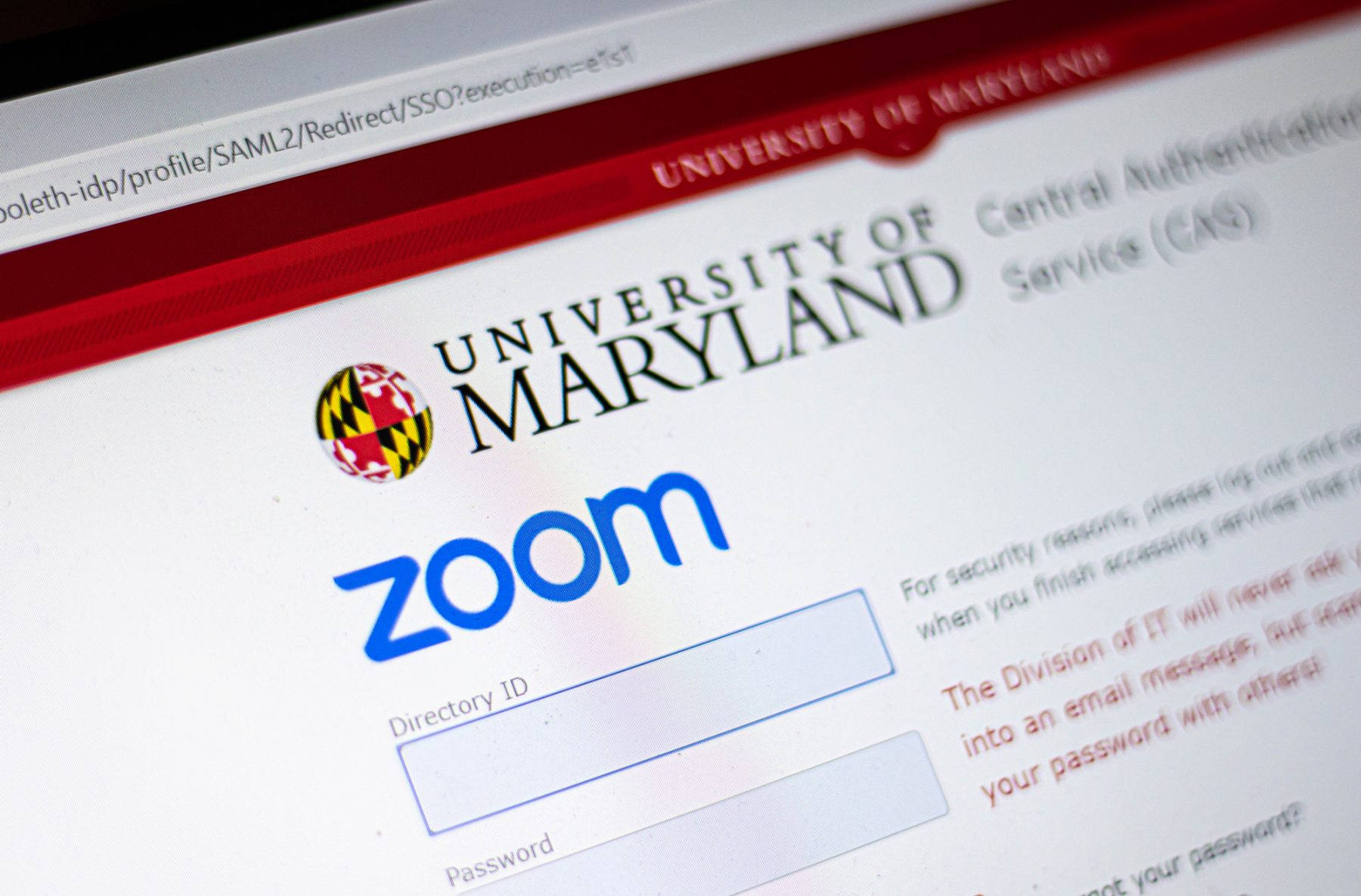Views expressed in opinion columns are the author’s own.
As much as I hated leaving campus this semester, I assumed class wouldn’t be particularly different online. I figured: I still have class at the same time, I still have about equal amounts of work, and I normally study by myself, so it shouldn’t be that different. Boy, was I wrong.
Not to paint college as a dichotomy of boring school work and fun free time, but COVID-19 has essentially stuck me with the least fun parts of college and snatched away the spontaneity that makes school more enjoyable. It’s made it challenging to stay productive or motivated, even though it seems like I have more free time than usual since I can’t leave my house. And with the number of posts I see every day reminding me to use my time at home wisely, it feels even more difficult to knock out tasks each day.
I know my columns are usually political, and hopefully push people out of their comfort zones in terms of how they think. But this one is simple: be kind to one another. Be kind with your professors, your students, your parents, your kids and, most importantly, be kind to yourself. Staying at home, even with Zoom classes and FaceTiming your best friends every night, can take a big toll on our mental health, especially when it was only weeks ago that we — at least in Maryland — were living our lives normally.
It’s unrealistic to expect yourself to transition effortlessly to a totally online college education. One of the benefits of an in-person college experience is the ability to take breaks, be social and feel like you are a part of something bigger by being on a physical campus. At home, it’s just me and my homework. The days blur together like they do during summer break and, dramatic as it sounds, time stops feeling real. It can feel impossible to keep track of deadlines and meeting times when days start rolling into the next.
I’m not, by any means, the first person to indicate that this pandemic poses a threat to the mental health and well-being of people across the nation. I also don’t mean to compare experiences of depression and lack of motivation with experiences of essential workers who risk their lives every day; these are two different issues, and they both matter. Whether you’re essential personnel or not, you might be experiencing anxiety, forgetfulness or insomnia. This pandemic isn’t easy on anyone.
As natural as it feels to now go into ways to cope with these bouts of fatigue and forgetfulness, there are enough articles on the internet to help with that. I’m here to tell you it’s OK if you can’t find ways to be more productive. As a society, we are always obsessed with output, but that isn’t always a good thing. It pushes us to make the most of every situation and adapt quickly, but it makes it even harder to recover when we can’t.
So, be kind to yourself and others. If you’re a student, be patient when your professor takes longer than expected to grade your paper. If you’re a professor, be understanding when a student misses their Zoom class or forgets to turn in an assignment. If you’re a parent, be gentle with your kids when they find it hard to get out of bed in the morning or find themselves behind on homework. A really wise professor of mine once said he hopes that students come to college to learn, of course, but also to become good people. So be a good person. Look at others and yourself with empathy, with understanding and with kindness. Our world needs more of that right now.
Liyanga de Silva is a senior English and women’s studies major. She can be reached at liyanga.a.ds@gmail.com.



